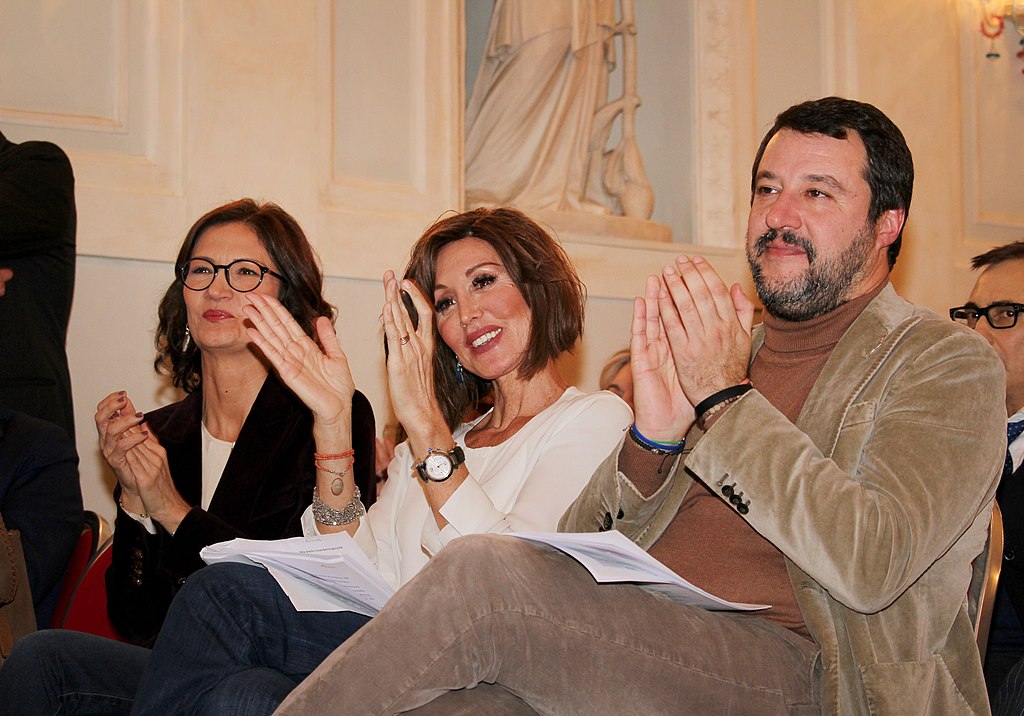Studying Populism and Italy’s League in Varese

Interview with Mattia Zulianello (PiAP Italy focused Research Fellow) Originally published in Varese Noi on 5 December and translated by Mattia Zulianello
Mattia Zulianello is in town to conduct a study which will keep the University of Birmingham’s researchers busy, analyzing party activism in four different European contexts.
He has this to say about the Italian political party “the League”: “The League’s system to foster participation is among the most efficient. The party congress on December 21 may have a strong impact on its grassroots.”
Zulianello, 33, is a researcher in the Department of Political Sciences and International Studies (POLSIS) at the University of Birmingham. The author of several books and academic articles, he and his colleagues around Europe are working on a project funded by the ESRC (Economic and Social Research Council): “The Survival of the Mass Party” (the Populism in Action Project).
Research will analyze four political parties: The League in Italy, the UDC-SVP in Switzerland, the Vlaams Belang in Belgium, and the Finns Party in Finland.
Zulianello explains: “We seek to understand what makes people participate in political life as activists — on the one hand, to establish why the representatives of a party care so much about the organizational structure, and on the other, to discern the purpose and meaning of activism”.
Zulianello will interview the League’s activists and representatives in various locations. He will start from Varese, where the party which was Umberto Bossi’s took its first steps, to then move on to Veneto and Emilia “following the logic of interviewing activists in a big city, where a historical stronghold of the League is located, as well as in a small town or rural area in its surroundings”.
Questions for activists will focus on concrete matters: entry into the League, reasons for staying in it, the views of its leaders, the way the organization works, the meaning of political participation (whether it is staffing a gazebo or giving out leaflets).
The researcher says of the risk that there might be “infiltrators” in the party:
The League probably has one of the most intelligent systems of screening because it is structured on two membership levels.
It’s a very efficient model. To enter the League you need to start by being a supporter member. After fifteen months you can become an activist member, but this request needs to be approved at the provincial, national, and federal levels.
A “true” Leghista is evaluated on the grounds of his/her effective activism and this makes the whole organizational system really efficient.
Zulianello has already met representatives of the League in Varese. He will return to the city in the next few months to meet with activists.
The League’s congress in Varese on December 21 illustrates how activists are reacting to proposals about the changing goals of the party. How will they respond to leader Matteo Salvini, “who in some respects is better known than the party itself”?
Zulianello says, “Changing the party’s statute carries a very strong symbolic meaning. Making some changes — that at first seem insignificant, such as changing ‘Nations”’into ‘Regional Territorial Articulations’ — can have a significant impact on the grassroots”.
